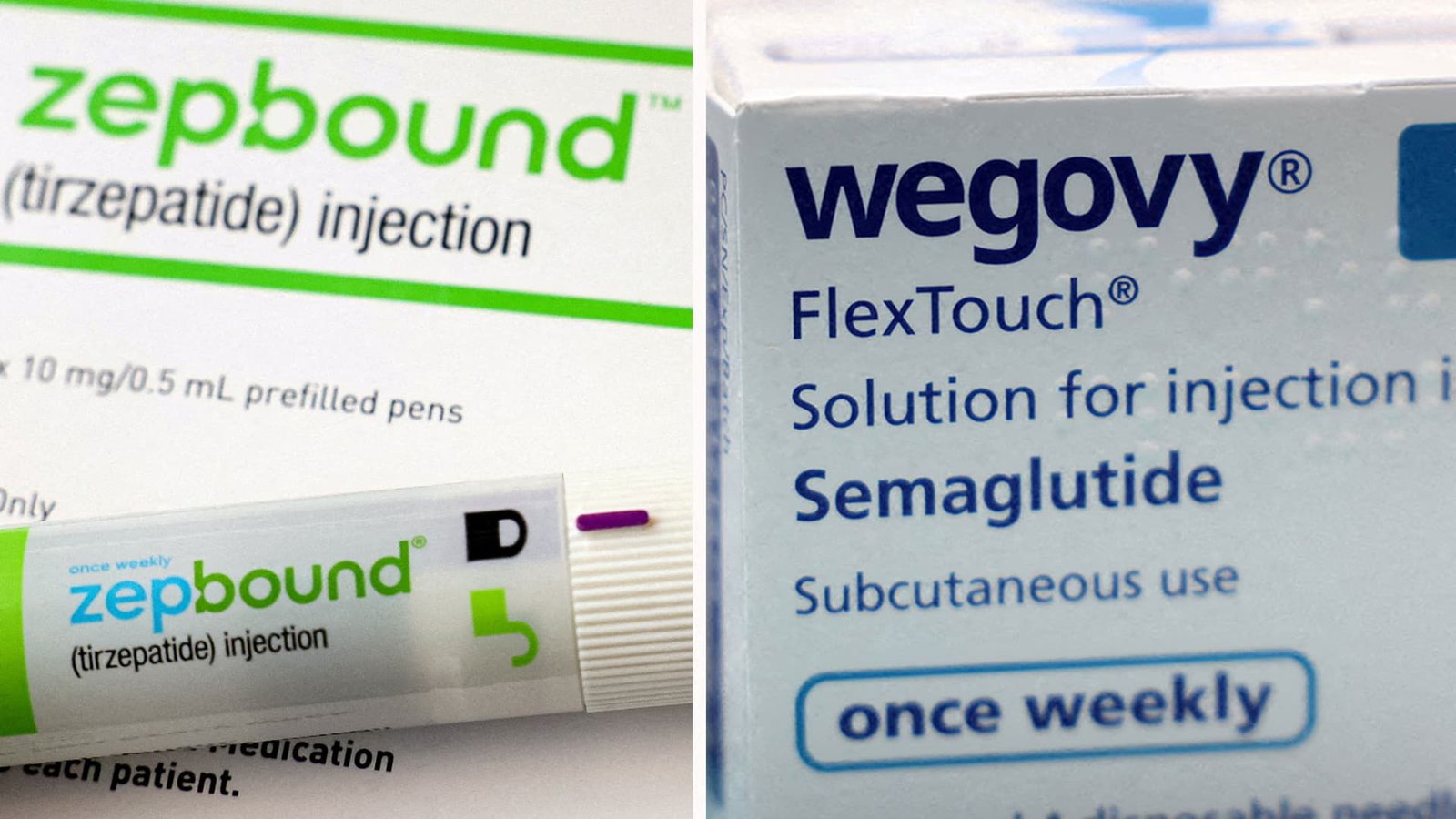President-elect Donald Trump’s return to the White House is expected to have significant impacts on consumer healthcare. Republicans are likely to face minimal legislative obstacles in their efforts to reshape health insurance in the U.S. following their retention of a slim majority in the House of Representatives and the Senate flip, granting them control of both Congress and the presidency. Experts suggest that households receiving health insurance from Medicaid or an Affordable Care Act marketplace plan may experience substantial disruptions due to reforms proposed by Trump and Republican lawmakers. These reforms could release federal funds for other Republican policy priorities such as tax cuts.
Currently, just under 8% of the U.S. population is uninsured, the lowest rate in American history, compared to 17% when the Affordable Care Act was enacted over a decade ago. Michael Sparer, a professor at Columbia University, noted that this rate is expected to rise again. Trump has expressed his intention to nominate Robert F. Kennedy Jr. to lead the Department of Health and Human Services, which oversees the Centers for Medicare & Medicaid Services, responsible for the Affordable Care Act marketplace and the Children’s Health Insurance Program.
Healthcare experts anticipate changes for consumers during the incoming Trump administration. Enhanced subsidies under the Affordable Care Act are likely not to be renewed after expiring in 2025, potentially affecting millions of individuals. The subsidies, introduced during the pandemic, significantly reduced the costs of health insurance plans for ACA marketplace customers without access to employer-sponsored plans. Despite concerns about costs, experts emphasize the importance of maintaining health insurance coverage to mitigate financial risks associated with unforeseen medical needs.
Medicaid, a significant federal program, may face cuts as Republicans seek to finance their agenda. Medicaid recipients, including low-income households, individuals with disabilities, and seniors in nursing homes, could be impacted by potential changes. Past proposals and statements from the Trump administration and Republican lawmakers suggest various forms of Medicaid cuts, such as adding work requirements for recipients and capping federal Medicaid spending allocated to states. The Medicaid expansion under the Affordable Care Act may also be rolled back, affecting eligibility for coverage in several states.
During the previous Trump administration, there was an increase in non-ACA compliant health insurance options, including short-term plans. These plans offer limited coverage for shorter durations and fewer medical services compared to comprehensive plans. While they may provide lower premiums, they can reject individuals with preexisting conditions or charge them higher rates. The Trump administration’s stance on drug pricing remains uncertain, with potential changes to drug price reforms introduced by President Biden’s Inflation Reduction Act in 2022. Trump’s executive orders aimed at reducing prescription medication costs may influence future drug policies.
The Inflation Reduction Act includes provisions to negotiate drug prices with pharmaceutical companies, benefiting Medicare beneficiaries by capping copays for insulin and out-of-pocket costs for prescription drugs. These measures aim to reduce healthcare costs for patients and improve access to essential medications. The impact of Trump’s policies on drug pricing and healthcare reforms will continue to unfold as his administration progresses.




